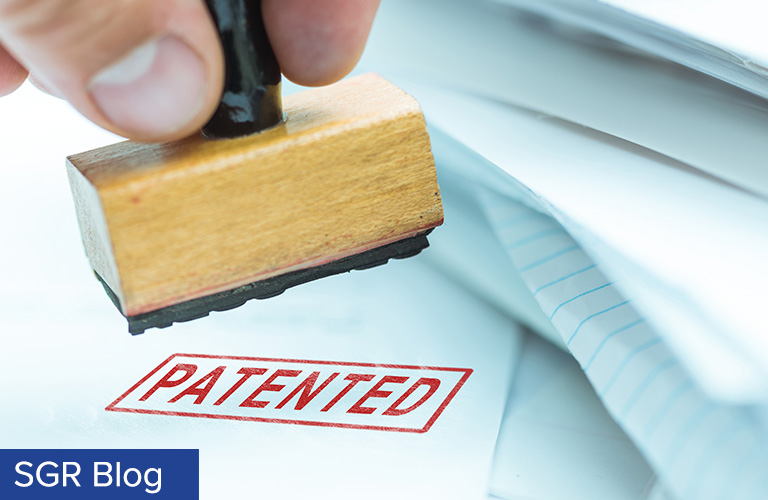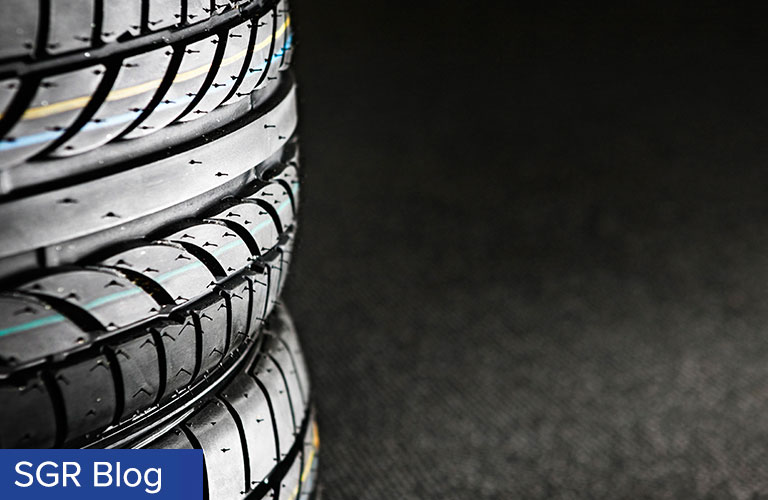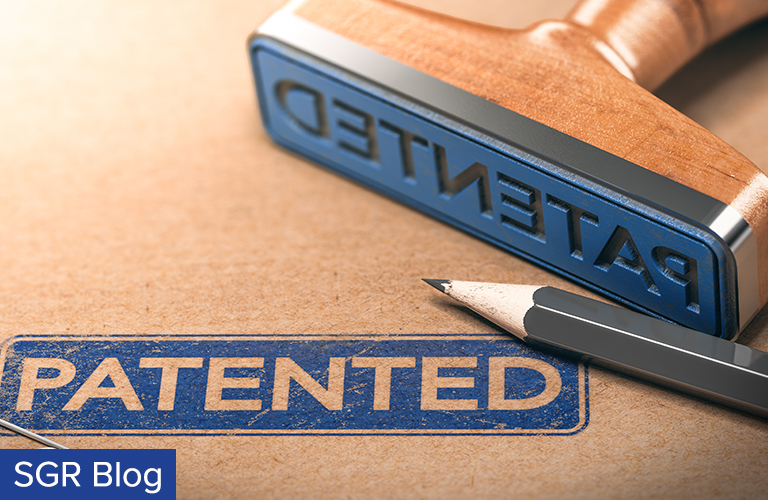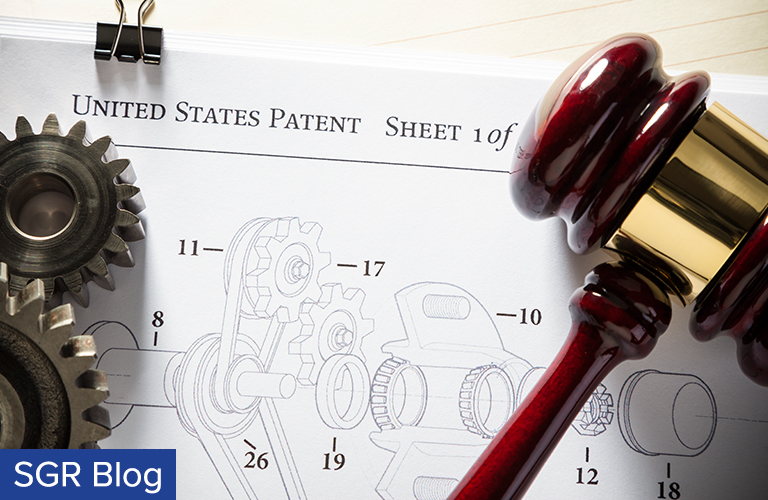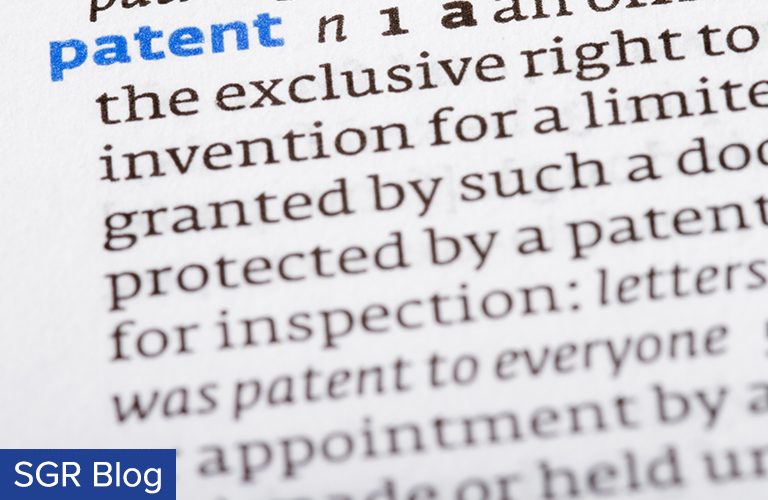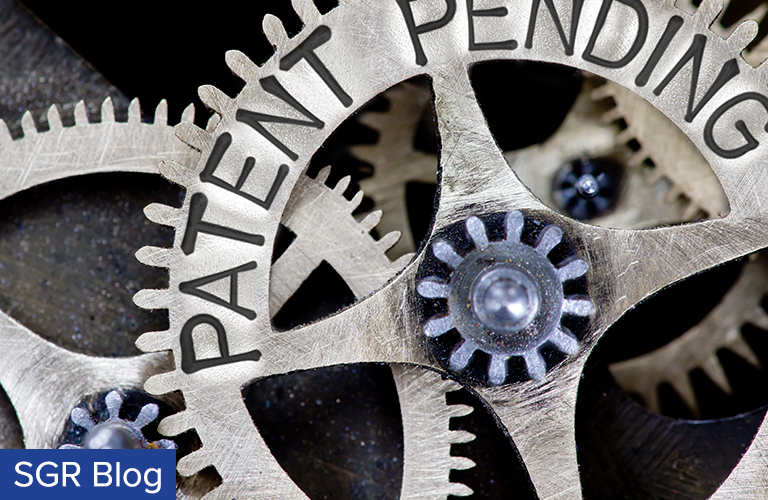
On Monday, April 15, 2019 arguments in the Brunetti case [Iancu v. Brunetti, No. 18-302] will be heard at the United States Supreme Court. Erik Brunetti seeks to register the mark FUCT for clothing. Brunetti’s application was rejected for registration by the United States Patent and Trademark Office on the basis that it violates the Lanham Act, 15. U.S.C. 1052(a) which prohibits the registration of marks comprised of “immoral” or “scandalous” matter. The arguments by the government and Brunetti are sure to echo some of the arguments made in the so-called SLANTS case, Matal v. Tam, 137 S. Ct. 1744… Read more


